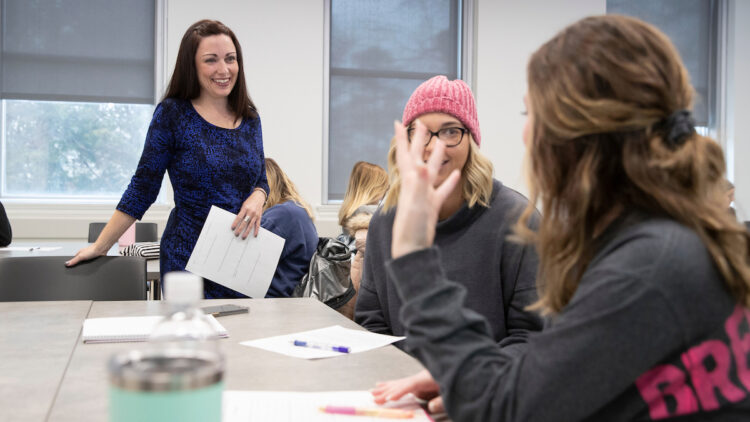
When members of a majority group adopt a cultural element of a minority group in a disrespectful, stereotypical or exploitative way, that’s cultural appropriation.
In the last several years, many people have opened their eyes to this practice. They’ve taken notice and made changes to show respect and spread inclusivity.
Dr. Kayla Lewis, associate professor of literacy at Missouri State University, is a member of the Chickasaw Nation out of Oklahoma. One of her goals is to offer more accurate depictions of native people in classrooms.
Newer literature more representative and accurate
Facts destroy stereotypes
Mascots aren’t honoring the heritage
Lewis works to spread awareness about cultural appropriation of native people at diversity conferences, in classrooms and during trainings worldwide.
One hot topic is the use of native people or symbols in athletics or as mascots.
“A lot of people say, ‘We’re just honoring the heritage.’ But when you think about other races or other cultures, we don’t have them as mascots. It would be seen as very offensive,” Lewis said. “Yet, for some reason, it’s okay if we do that with Native people.”
She noted that there has been movement on this issue recently.
“At the national level, we’re starting to see some sports teams change their mascots because they have come to realize that it’s not appropriate,” she said. “Hopefully, that trickle down will happen into other parts of the United States.”
